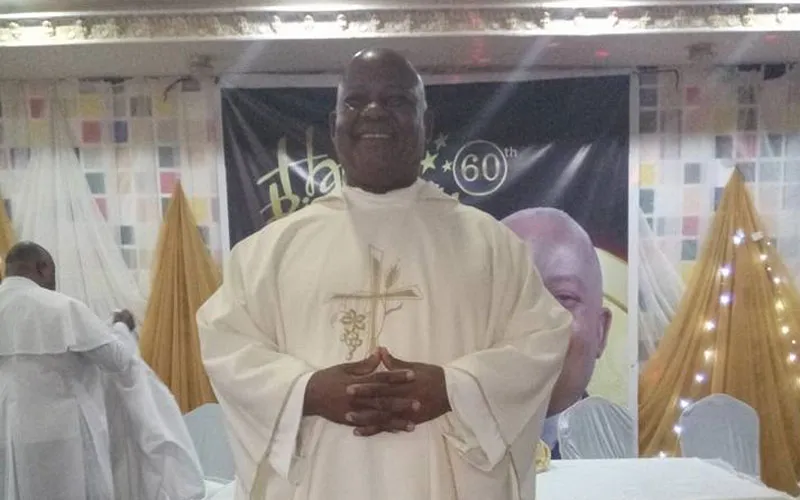Abuja, 21 July, 2022 / 9:45 pm (ACI Africa).
The federal government of Nigeria has everything it needs to stop the ongoing attacks that are targeting Christians but has refused to help, a Catholic Priest in the West African country has said.
In an interview with ACI Africa on the sidelines of the ongoing Pan-African Catholic Congress on Theology, Society, and Pastoral Life in Nairobi, Kenya, the Director of Communications of Nigeria’s Archdiocese of Abuja, Fr. Patrick Alumuku, said that the situation in Nigeria has also led many to believe that what’s happening is “state-sponsored terrorism.”
He said that the Church in Nigeria does not have the capacity to protect the people, including Priests who have been victims of kidnappings and killings, and that it is the role of the government to empower security officers in the country to protect innocent civilians.
“The Church desires to protect its own personnel. But does the church have the capacity to protect people? Does the Church have an army? Does she have the police?” the Nigerian Catholic Priest posed, adding, “It's the government that should have provided the police with whatever is required, the ammunition, the logistics to be able to handle this; but it would appear as if the government is not interested in solving this challenge.”
He continued, “The government appears helpless. In fact, there are those who feel that this is state-sponsored terrorism.”








